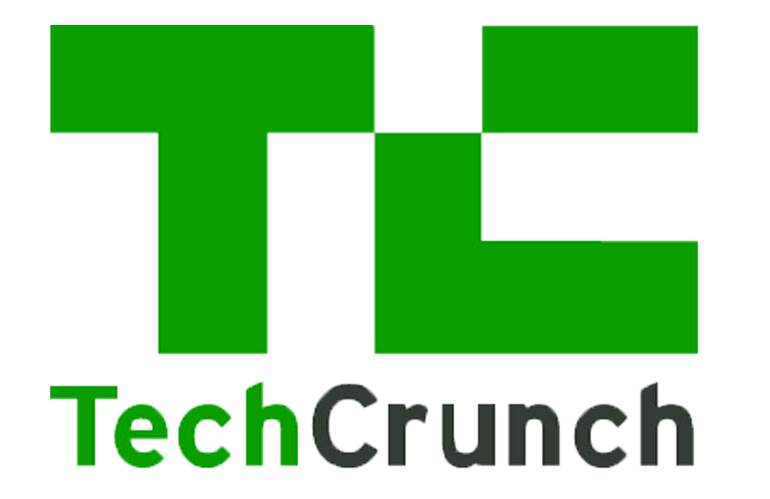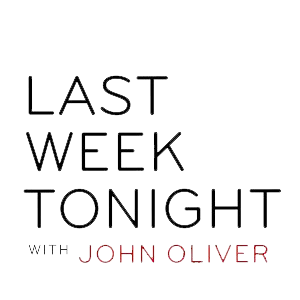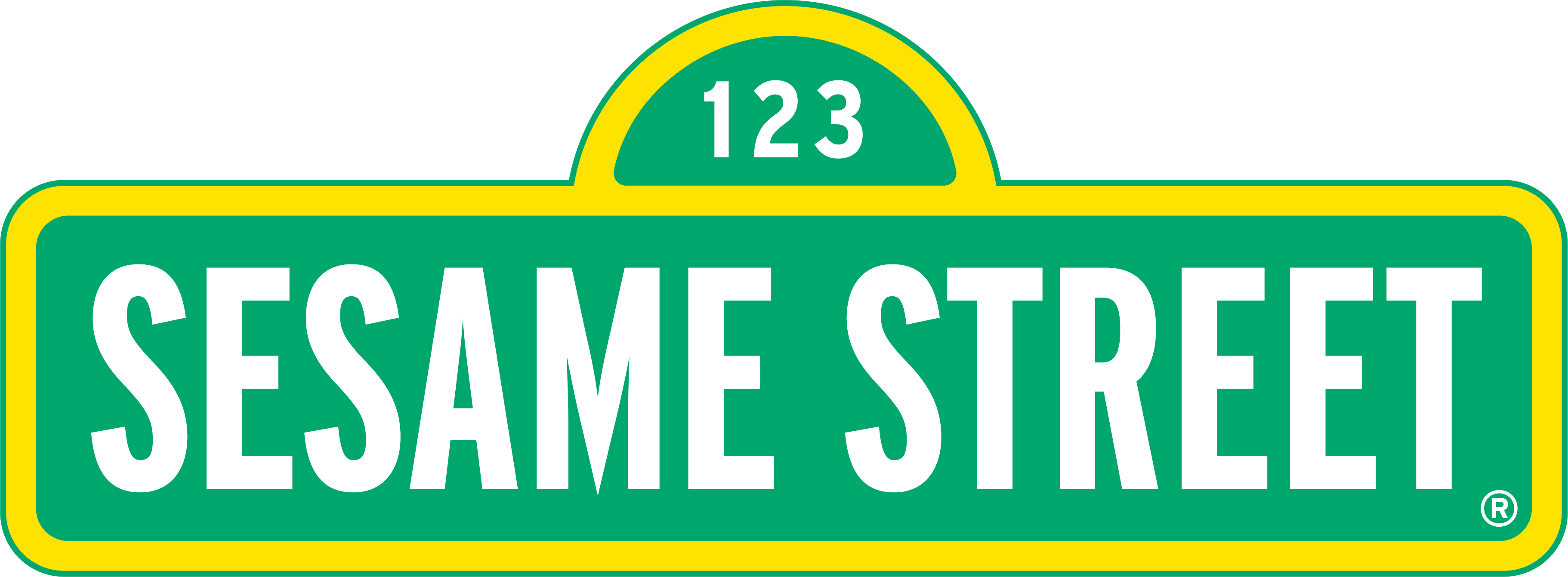Paid Advertising Campaigns – Unit Three
Learn some of the most popular options to enhance your website’s visibility through paid search.

Learn some of the most popular options to enhance your website’s visibility through paid search.
About this Unit
This unit offers some of the most popular paid options to further enhance your website’ content and visibility on popular search engines and social sites.
Topics include:
What you’ll learn:
December 22, 2015
“Native advertising. It’s like porn: You know it when you see it. Except that sometimes, you don’t really see it, or at least you don’t recognize it as advertising — and that’s an issue that regulators have decided to take on.
The Federal Trade Commission has rolled out a series of new guidelines for websites that want to publish native ads, or in common parlance, advertisements that are designed to look just like other, “real” content on the page you’re visiting…” Read More

August 12, 2014
“BuzzFeed makes the majority of its money on ads that pretend to be content, but can it keep up this charade? Or, is the Starbucks-sponsored “10 Summer Emojis That Should Definitely Exist” no charade at all, but actually the future of media that we should just smile and accept?
These are the questions that popped out to me from the news that Andreessen Horowitz invested $50 million in BuzzFeed at an $850 million valuation…” Read More

August 3, 2014

July 10, 2012

Marketing Instructor
[embeddoc url=”http://www.MarketingintheDigitalAge.com/wp-content/uploads/2016/03/Unit-3-Paid-Advertising-Slides.pptx” width=”55%” height=”380px” download=”all” viewer=”google”]
[embeddoc url=”http://www.MarketingintheDigitalAge.com/wp-content/uploads/2016/03/Advertising-Overview-Trimmed-for-MITDA.doc” download=”all”]

September 2009
“eBay considers adjustments to the structure and rules of its affiliate marketing program, eBay Partner Network (ePN). In particular, eBay reevaluates affiliate compensation structure, the role of bonuses for especially productive affiliates, and the overall rationale for outsourcing online marketing efforts to independent affiliates. The case presents the history and development of ePN, ePN’s importance to eBay, and the mechanics of online affiliate marketing...” Purchase Now
eBay runs substantial online marketing through paid search (ads on search engines) as well as display campaigns (banner advertisements on thousands of web sites). What, if anything, does affiliate marketing add?
The case presents eBay deciding to cease using Commission Junction, the web’s largest affiliate marketing network, and instead go it alone. Is this a wise decision? Why or why not?
Exhibit 6 presents commission schedules. Why do you think eBay chose this commission structure? Could it be improved? How?